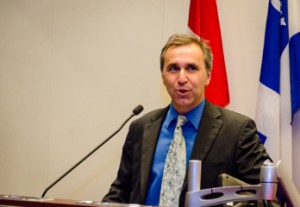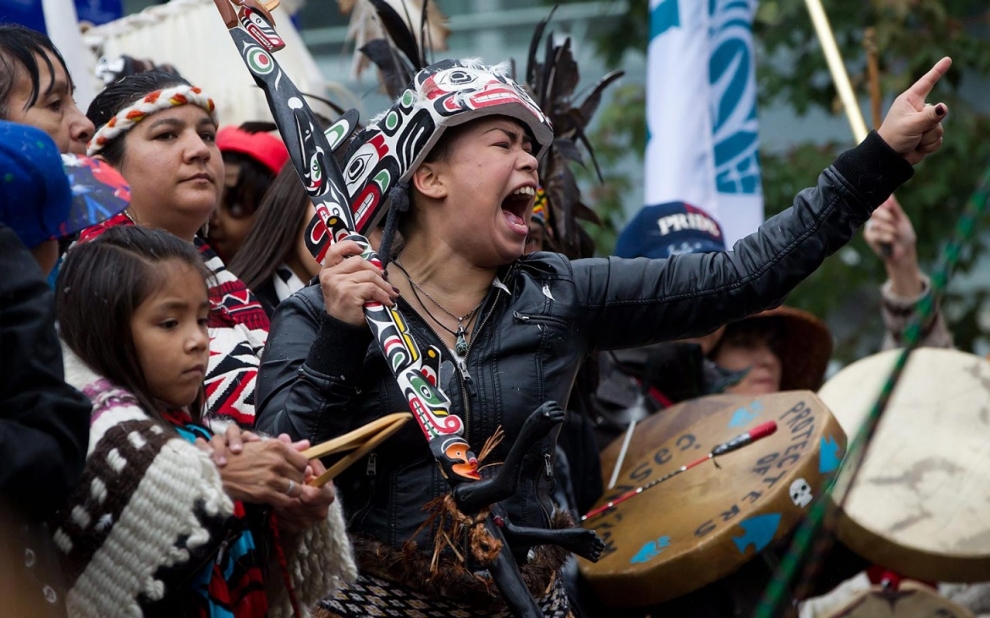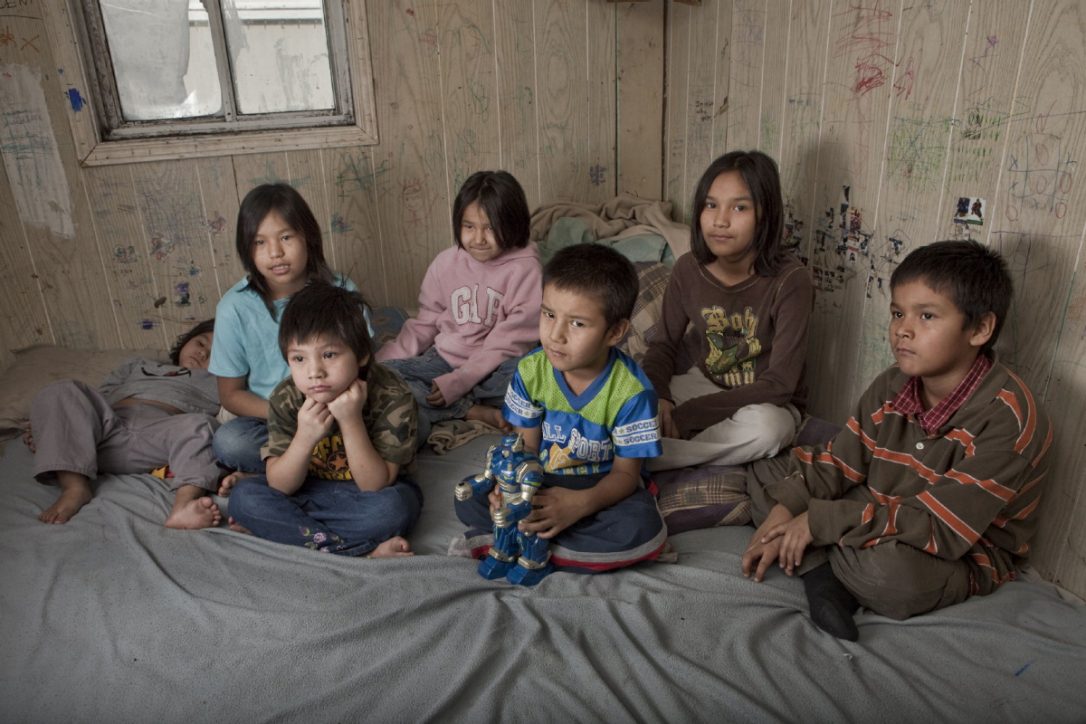On September 17th, McGill University’s Centre for Human Rights and Legal Pluralism was host to “After Atrocity: Optimizing UN Action Toward Accountability for Human Rights Abuses” presented by Mr. Steven Ratner, a Bruno Simma Collegiate Professor of Law from the University of Michigan Law School. Held at the New Chancellor Day Hall, the lecture was a part of the John P. Humphrey Lectureship in Human Rights, named after – and dedicated to – a prominent figure in the drafting and promotion of the Universal Declaration of Human Rights.
Ratner’s lecture revolved around the “role of the United Nations in ensuring accountability in human rights abuses.” Individual accountability has only surfaced in the last twenty years, in international criminal tribunals such as those held in Yugoslavia and Rwanda. It has therefore become a contentious issue as to whether or not the United Nations (UN) should have a larger role in implementing accountability. Priority is given to holding the state accountable, rather than specific individuals involved in mass atrocities.
In 1992, however, the Security Council introduced a clause in Chapter 7 of the UN Charter condemning the violation of individual responsibility. Since then, the UN has increased its efforts in implementing accountability, both during and after violations of human rights occur. Ratner stresses that the point of individual accountability is not solely for criminal justice, closure, victim reparations, or national reconciliation, the most cited explanations for state accountability. Instead, individual accountability is focused on prevention, in terms of deterrence, for other individuals in power. Should outsider spectators observe that individual consequences are emphasized for human rights violations, it is less likely that they will participate in any similar actions in the future. Therefore, individual accountability is a part of a long process that would aid in fostering peace, the main goal of the UN’s establishment.

Ratner’s work is largely based on his own experience as a member of the UN Secretary-General’s Group of Experts on Cambodia in 1998 through 1999, and of the Secretary-General’s Panel of Experts on Accountability in Sri Lanka in 2010 through 2011.
Individual Accountability in Current News
Currently, US Secretary of State John Kerry is pushing for human rights accountability in North Korea, due to its “system of prison camps,” stating that the international community “simply cannot be blind to egregious affronts to human nature.” However, referrals to the International Criminal Court remain unlikely, due to China being a veto power as well as a main ally of North Korea. In the Gaza area concerning Israeli and Palestinian rights, the process is similarly at a standstill with UN officials solely recognizing that any attempt at peace would require accountability. Whether accountability in these cases is meant to be focused on individuals or on the state as a whole is presently unclear.
Although there have been several setbacks in the development process, the UN is making some level of progress with developing its role in other areas. Such is indicated by the United Nations Human Rights Council’s successful drafting of a resolution last September, in which the Sudanese government will be held accountable for its activities in killing protesters in September 2013, and March 2014.




